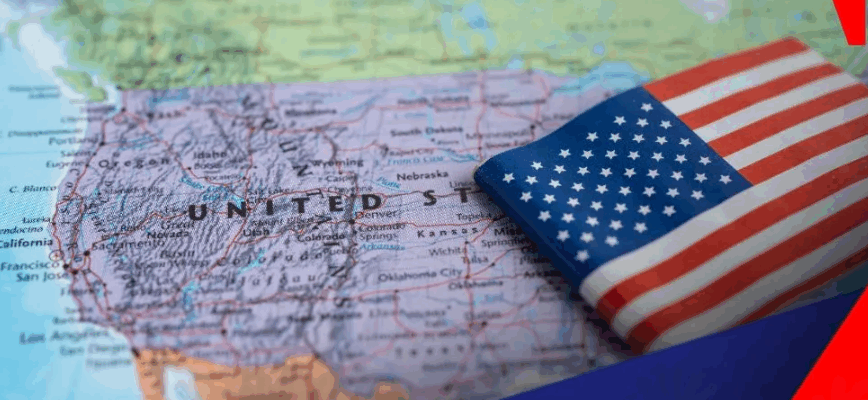The US iGaming market has expanded rapidly since the Supreme Court’s 2018 repeal of PASPA, which paved the way for state-level legalization of sports betting and online casinos. What began as a patchwork of sports wagering has evolved into a multijurisdictional network of internet casinos, poker, and fantasy sports.
Why Global iGaming Operators Are Pulling Back from the US

The US iGaming market has expanded rapidly since the Supreme Court’s 2018 repeal of PASPA, which paved the way for state-level legalization of sports betting and online casinos. What began as a patchwork of sports wagering has evolved into a multijurisdictional network of internet casinos, poker, and fantasy sports.
But beneath this growth lies a challenging reality: rising costs, regulatory complexity, and fierce competition are forcing many global operators to reconsider their positions.
Why international players are retreating
The withdrawal of companies like Super Group highlights how tough the American market has become. Tax hikes, steep licensing fees, and fragmented regulation have eroded profitability, creating barriers that many non-US firms struggle to overcome.
“Super Group’s exit underscores how challenging the US market is today,” said Jason Heller, SVP at 5WPR. “Between escalating taxes, high compliance costs, and slowing expansion, the numbers no longer make sense. Operators are redirecting focus to markets with clearer profitability and more sustainable growth.”
Other international names — including 888 Holdings (Evoke), Kindred Group (Unibet), Tipico, PointsBet, and Betfred — have also scaled back or left, squeezed by local taxation and aggressive competition.
Why domestic leaders dominate
Homegrown giants like FanDuel, DraftKings, and Caesars continue to thrive, leveraging advantages few overseas rivals can replicate. Their early foundations in daily fantasy sports gave them extensive user bases and deep cultural ties with American sports fans.
Market share tells the story: FanDuel controls roughly 34%, DraftKings 32%. Scale allows them to invest heavily in tech, negotiate favorable supplier terms, and absorb regulatory changes more easily than smaller challengers.
Just as importantly, they adapt quickly when states impose new per-bet fees or raise tax rates, often passing costs on to customers without losing profitability.
“FanDuel, DraftKings, and Caesars combine early-mover advantage, scale economics, and brand power,” Heller explained. “Their legacy in fantasy sports gave them loyal players, and with vast marketing budgets and advanced platforms, they remain firmly ahead.”
Tech disruption: AI and blockchain
While market dynamics push some firms out, AI and blockchain are reshaping iGaming for those willing to invest.
AI enables personalized play and sharper odds, while blockchain ensures instant payouts and provably fair games. Together, they promise a faster, more transparent user experience compared with the old model of slow payments and opaque results.
“AI and blockchain are rewriting the rules,” Heller noted. “Players now expect immediate, transparent, and tailored gaming. Operators that fail to adapt will fall behind.”
The path forward
For the US iGaming industry, growth is no longer measured by expansion alone but by sustainable profitability. The winners will be those who can navigate strict regulations, embrace new technologies, and deliver high-quality user experiences at scale.












